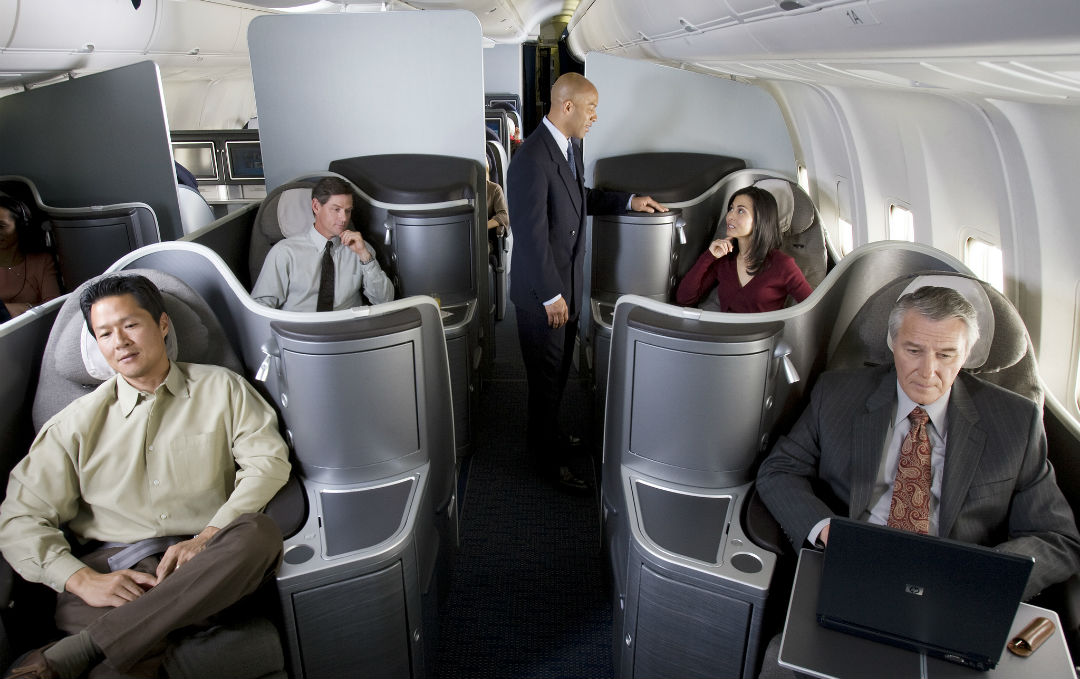Study Shows Being a “Hypermobile” Traveler Might be Killing You
Are you a road warrior? Not the gas-hording Tom Hardy type from the Warner Bros Picture, but a real hypermobile type who travels from one destination to the next, rarely taking a minute to stop and smell the roses before catching the next flight?
A recent study from the School of Hospitality and Tourism Management at the University of Surrey (Guildford, United Kingdom) has brought to light some of the oft-unspoken risks associated with globe-trotting via plane and really globe-trotting in general. Research Director, Scott A Cohen and his team compiled and analyzed over 15 years of research studies in this area and came up with some pretty scary data.
The study focuses mainly on those who travel more than a couple of weeks per month for business purposes, but it isn’t a stretch to say that most of these health complications also extend to those of us who like to travel for fun, excitement and cultural exploration either. A road warrior never stops moving for too long and if that’s you, you might want to keep reading just so you can’t say “But nobody told me!” later on.
Let’s look at some of the startling risks of hypermobile travel, called “The Darker Side of Mobility” by Cohen and his researchers:
Faster Aging
The study found the more a person travels, the faster they age. Apparently frequent travel affects the genes in our body responsible for speeding up and slowing down the aging process. Quite honestly, I don’t discount this entirely, but most seasoned travelers I’ve met always seem to have more vitality and enthusiasm for life — perhaps that’s just what it looks like on the surface though?
Even worse, frequently flying can further speed up the aging process, leading to a condition called “chronic jet lag” which is known not only to mess with our genes, but also our brain and circulatory system:
“Frequent flying can lead to chronic jet lag, which can cause memory impairment and has been linked in studies to disrupting gene expression that influences aging and the immune system, and increased risk of heart attack or stroke,” says Research Director of the study, Cohen.

Increased Radiation Exposure for Frequent Flyers
If the chronic jet lag isn’t frightening enough, apparently we’re going a little too green when flying up at high altitudes! I guess you science nerds out there won’t be shocked, but it’s a definite surprise. Cohen says there’s so much truth to this fact that there’s been discussions to class frequent business flyers as radiation workers.
Commercial airline staffers are believed to be exposed to more radiation than nuclear power plant workers (who obviously wear protection while working around radioactive materials and are subject to decontamination showers and scanning before they leave the facility).
“Just seven round-trip flights a year from New York to Tokyo (about 85,000 miles) exceeds the limit for public exposure to radiation.” says Cohen.

Weaker Immunity
This is something that few hypermobile travelers can argue with. Massive airports jam-packed with sick people and germs, long stuffy flights breathing recirculated air, going to places that have germs and viruses your immune system isn’t yet equipped to deal with. And then there’s jet lag, which doesn’t require flying to occur. Just driving across different time zones, or zipping from one state to the next by train in your own country can lead to jet lag symptoms.

Hypermobile Travelers are More Obese
Whether you’re frantically traveling from one place to the next for fun or business, good (read: healthy) food is hard to find on an airline, train or at a restaurant. Add the stress of travel with the sugar-laden foods and drinks that are so accessible on the road, to the fact that your body is in a chronically stressed state and you get stress belly or worse, really unhealthy increases in your BMI rating. If you don’t get much exercise while traveling, things can get even worse.

Too Frequent Travel Leads to Mental Health Risks
“The disruption of the circadian rhythm from jet lag affects mood, judgment, and concentration for up to six days,” says Cohen
Then there’s all the stress from planning and executing travel plans, being in a new place all the time, airport security and customs, and _______ (fill in the blank). Travel’s stressful and stress wreaks havoc on the brain. This can lead to chronic anxiety at best, and degenerative conditions like dementia long-term.

How to Protect Yourself
Catherine Richards is a staff scientist at the Hutchinson Institute for Cancer Outcomes Research, who has studied the dangers of extensive business travel extensively over the years. Her findings suggest that reducing the time you spend traveling every month to less than 14 days can reduce the risks significantly:
“In our study, our most robust findings were for heavy business travel—14 days or more of travel a month,” says Richards. “We found that heavy travel was bad for self-reported health, obesity, and BMI. When I say robust, I mean that there was a significant increasing trend for these health outcomes with increasing nights spent away from home.”
Other than that, she echoed the same advice you’ll hear about staying healthy in general such as adhering to a good sleep schedule, eating right, moving around as much as possible, and limiting the amount of time spent flying in particular, like taking a train when possible. Consider the extra time spent on the train as perhaps years being added to your life!
What do you think?
Will these findings make you change your hypermobile ways, or is this just the current controversial health trend that will be disproved by another scientist a year or two from now?
Main Image Credit: Roderick Eime/Flickr

